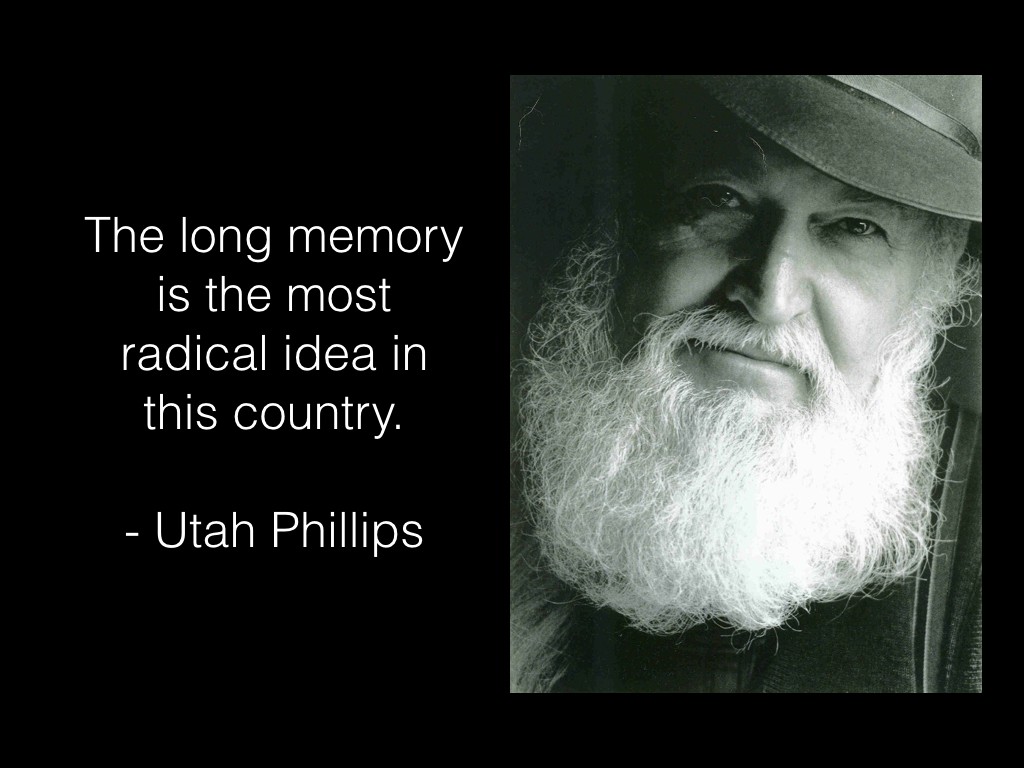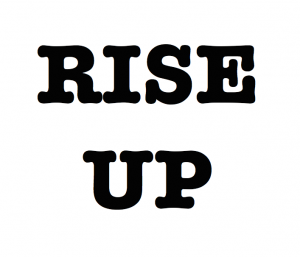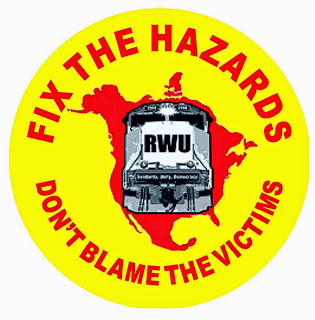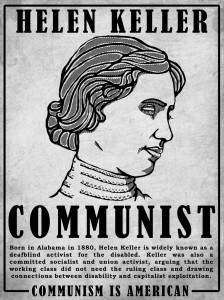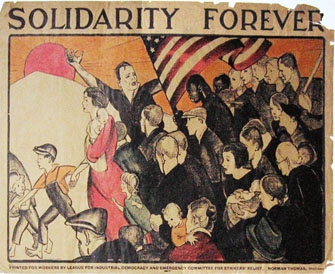At CES robots stole the show. Are they coming to steal your job?
There’s never a shortage of amazing gear and far fetched gadgets at the annual Consumer Electronics Show. From the latest home entertainment systems, to smart appliances, to novelties like light-show lamps and diving drones, it’s usually a challenge to pick out the single most significant product or trend. But this year’s exhibition, held January 5th through 8th in Las Vegas, seems to have had a clear winner. At the very top of the list for many analysts (and consumers alike) were the robots.
As reported in USA Today, Amazon Echo’s Alexa app has helped to break new ground and draw attention to the possibilities available from a voice-activated personal assistant. Layer on top of that technology the ability of the new robots to see and move, and the implications are staggering.
Robot nanny, anyone? Kuri is an adorable little home security device on wheels, sporting Wi-Fi and Bluetooth connectivity, an HD video camera – and complete with chirps, beeps and facial expressions reminiscent of Pixar’s WALL-E. It’s being touted as a way to keep tabs on pets (or even children) while away from home. Such products are also being discussed for their ability to provide “companionship.”
Beyond the convenience of a robot that can follow you around your home, understand your commands and play music or assist with household tasks, this new technology is already starting to have a significant impact on the way many of us work. In the logistics industry, in particular, robots have created something of a revolution, with Amazon, once again, leading the way.
In 2012, Amazon bought a robotics company called Kiva Systems, quickly changed the name to Amazon Robotics, and took the technology off the open market, reserving Kiva robots for the company’s own use. By the end of 2015, they had some 30,000 of the picking-and-placing bots deployed at more than a dozen fulfillment centers across the United States. Warehouse workers who once walked more than ten miles a day in their duties can now send a Kiva to the shelves to gather items for an order. Other logistics firms have followed suit, with some laying claim to even smarter, more efficient robots, which (unlike the Kivas) don’t require the entire facility to be designed around them.
Another example from CES of robots that may have an impact on the labor market is a robot barista from a Chinese firm called Bubblelab. According to a company spokesperson, the idea is not to completely automate the process of delivering your caramel macchiato, but to free the human barista to chat with you more.
Robotics has already had a huge impact on manufacturing, of course. It’s long been quipped that the factory of the future will have a single employee. That employee will be there for one job – to feed the dog. The dog’s job will be to make sure that the human employee doesn’t touch anything.
From the beginning of the Industrial Age the debate has raged on concerning the likely effects of technological advances on our work and our quality of life. Each new wave of technology holds the promise of freeing workers from the drudgery of hard physical labor and mindless, repetitive tasks. Each new wave also poses the threat of displacing workers from their jobs, or of relegating us to the role of “just another cog in the machine” there to serve the needs of the equipment.
Paul Krugman and others have focused of late on the shift of income away from workers as a result of capital based technological changes such as the move to more robots in the workplace.
Should we fear the robots, or welcome them?
We certainly won’t settle these arguments here. The wide ranging consequences of these new technologies are almost too numerous to imagine. But maybe we’re contemplating the wrong question. Rather than trying to predict what the likely impacts of the rise of the robots will be, maybe we ought to be thinking more about what we would like them to be.
What about the idea of a shorter work week, in safe and pleasant work environments, with pay and benefits that allow us to support healthy, thriving families? These goals may have less to do with the prevailing technology than with the ability of workers to organize and to make those demands.
Let’s return to the logistics industry for a moment. Although robotics has profoundly changed the processes (and expectations) of the industry, it hasn’t removed human beings from pivotal roles. The first year that the Kiva robots were deployed by Amazon, they still hired an additional 80,000 seasonal workers for the holidays, up 14% from the prior year. The potential of logistics workers to wage struggle at the point of production remains strong.
The same can be said regarding other industries based on our most advanced technologies. The successful strike last year against Verizon by the Communications Workers of America and the IBEW is one example.
A lot has changed in the hundred years since “Smilin’ Joe” Ettor was organizing workers for the IWW, but his words still ring true, even in the age of looming robot overlords. “If the workers of the world want to win, all they have to do is recognize their own solidarity. They have nothing to do but fold their arms and the world will stop. The workers are more powerful with their hands in their pockets than all the property of the capitalists.”
Whether we’re talking about the impact of a mechanized loom, a robotic assembly line, or a troop of droid legal assistants, workers still hold vast reserves of power in our economic system. Maybe it’s time we started acting like it.
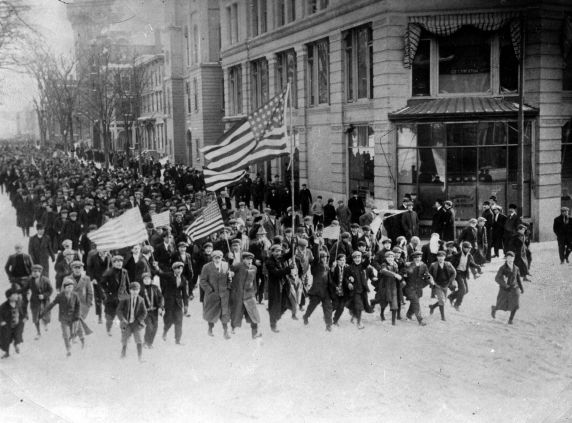
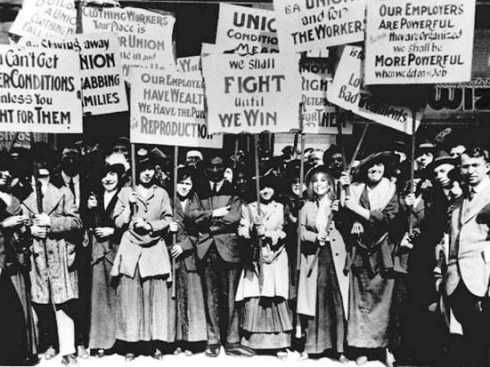
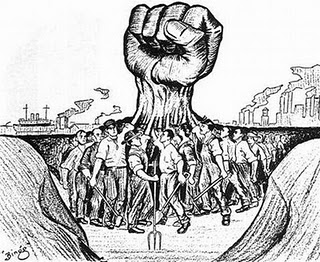
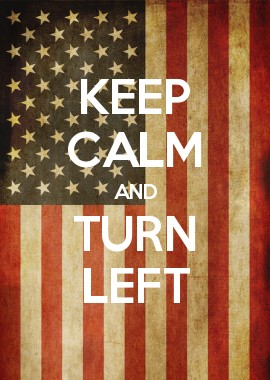 I’ve written previously about
I’ve written previously about 